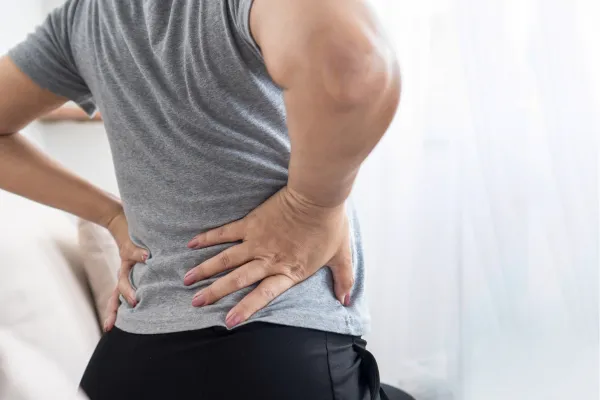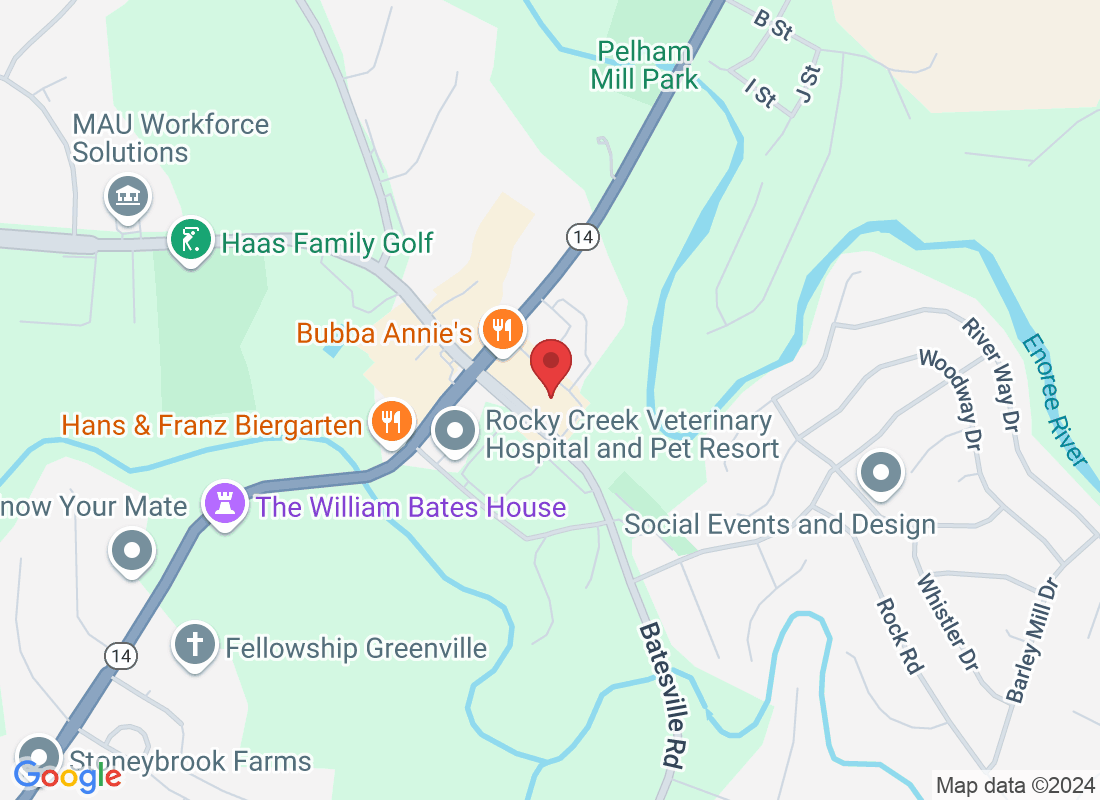
Why Your Low Back Pain Might Be Coming from Your Core
Let’s talk about something that most women push through but rarely stop to question—low back pain. Whether it’s a dull ache at the end of a long day or a sharp jab when you pick up your kid’s backpack (how does it weigh that much?), it’s easy to blame your mattress, your age, or the chaos of motherhood. But here’s the thing: the pain in your back might actually be coming from somewhere else entirely—your core.
I learned this the hard way during my pregnancy with my first son. My back gave out at 29 weeks, and I found myself hobbling around like I was twice my age. I went to see a pelvic floor therapist, and boom—mind blown. That pain wasn’t just about my back. It was my core waving a big red flag saying, “Hey! I need help over here!”
What Is Your Core, Really?
When we say "core," most people think of six-pack abs. But your core is way more than that. It includes your deep abdominal muscles, pelvic floor, diaphragm, and spinal stabilizers. This team of muscles works together to support your spine and keep your body balanced during movement.
If even one part of that team is out of sync—like your pelvic floor is weak or your deep abdominals aren’t engaging properly—your back takes on more work than it’s built to handle. Cue the chronic aches, stabs, and strains.
Signs Your Core Might Be the Culprit
You might be surprised how often your core is behind your low back pain, especially if you’ve had babies (even if it was years ago). Here are some red flags:
You feel weak or unstable when lifting, bending, or even standing for long periods.
You’ve noticed leaking when you sneeze, cough, or laugh.
Your belly has a “doming” shape when you sit up from lying down.
You have trouble fully engaging your abs or feel like your posture is “off.”
You feel like your back is doing all the work when you're active.
Why This Matters More Than You Think
Ignoring this stuff doesn’t just lead to more discomfort—it can also create a domino effect on the rest of your body. When your core isn’t doing its job, your hips and back step in to help. That’s how you end up with tight hips, cranky SI joints, and pain that spreads.
At Body Works Women’s Health & Wellness, we see this all the time in women who’ve been told “back pain is just part of motherhood.” Nope. It might be common, but it’s definitely not normal.
How Physical Therapy Can Help
Our team at Body Works Physical Therapy in Greer, SC, digs deep—literally. We assess your whole core system, not just the parts that hurt. That includes:
Real-time ultrasound to visualize how your deep abs and pelvic floor are working
Manual therapy to address tight muscles and misalignments
Pelvic floor assessment to see if weakness or tension is affecting your core support
Customized exercises to rebuild your core from the inside out
Education and posture training so you stop accidentally sabotaging your back during daily tasks
You won’t find cookie-cutter plans here. We know your body has a story, especially after pregnancy, and we tailor your care to your specific needs.
You're Not Broken—You Just Need a Reset
One of the most rewarding parts of what we do at Body Works is watching women reclaim their strength and ditch the pain that’s been dragging them down. Like the woman who came in with a 5-finger diastasis (that’s a big separation in her abs), scheduled for surgery, and ended up canceling it after a few months of therapy with us. Her back pain? Gone. Her confidence? Sky high.
Let’s Fix This—Together
You don’t have to live with low back pain. And you definitely don’t have to figure it out alone. Whether you’re a mom juggling homeschool like I do or just trying to make it through your workday without wincing, your core deserves some attention—and so does your well-being.



